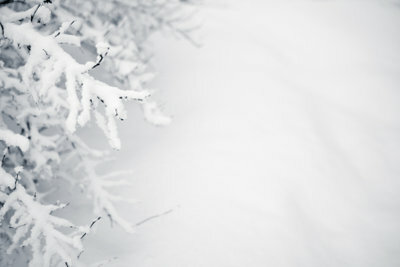Roof avalanche damaged car
Winter is one person's joy and the other his sorrow. When children enthusiastically run around in the snow on the sledge, parents tend to view winter with mixed feelings. The heavy snow sweeping quickly becomes a burden. With the thaw or heavy snowfall comes the fear of a roof avalanche that could damage the car. Not everyone can always protect themselves optimally against it. This is how the insurance trouble begins.

How is damage caused by a roof avalanche prevented?
- As a rule, the homeowner is responsible for ensuring that no one is harmed. Especially in the winter the duty to maintain safety is decisive. An essential aspect is the snow sweeping and dulling of the sidewalks. However, the snow loads on the roofs should not be underestimated. Roof avalanches and icicles can cause personal injury and damage to cars, especially on streets without front gardens.
- From a structural point of view, there are safety regulations for homeowners, especially in snowy areas. Snow guards or snow stoppers are designed to prevent a roof avalanche from damaging people or the car. Houses with steep sloping ceilings quickly become a source of danger in thaws and heavy snowfall. Warning signs and barriers put up by the homeowner are another way of complying with traffic safety obligations. Complex, professional evacuation measures on roofs can sometimes not be avoided. However, the homeowner does not have to expose himself to danger with personal actions on the roof.
- The tenant can also be held responsible if this duty to maintain safety has been transferred to this person with the rental agreement.
- The vehicle owner is jointly responsible for gross negligence if the roof avalanche damages the car. Anyone who consciously parks in a danger area must expect possible damage. Sometimes it is a good idea to walk a few steps and park the car safely in the event of weather-related winter hazards.
If the car is damaged, insurance will help
- As a rule, the home owner must in the event of a culpable breach of his duty of care costs for personal injury and property damage.
- In the case of rented property, the voluntary liability insurance for home and property owners takes care of the claims settlement.
- In the case of owner-occupied home, personal liability insurance comes into effect in the event of financial claims by third parties.
- It gets expensive if there is no insurance coverage for home ownership. Sometimes it is not just repair costs that the homeowner then has to finance himself. Follow-up costs (loss of work, replacement vehicle, reduced earning capacity, etc.) can really go into the money.
- Liability insurance and building liability insurance also assume all costs for averting unfounded claims by third parties.
- However, the homeowner's insurance policy does not regulate the full amount of damage in every case. If the roof avalanche damages the car, the vehicle owner can under certain circumstances (e.g. B. Local knowledge, foresight of the source of danger, non-observance of alternative options). Then he is also used financially in a corresponding legal judgment.
Car damage - this is how you report it to your insurance company
It's cold and the ground freezes at night. "Perfect" conditions for car accidents. A …
The roof avalanche damaged your car
- If you get into this uncomfortable situation, document the damage to the vehicle with photos and get an overview of the cause of the damage.
- First, contact your representative Car insurance and can be advised on the best way to proceed.
- The fully comprehensive insurance normally takes on damage claims, glass damage can already be covered by the partially comprehensive insurance.
- A recognized vehicle appraiser must assess the amount of damage. It is important to clarify in advance how these costs will be covered.
- Think how far you could be complicit. In the event of a dispute, a consultation with a representative of your legal protection insurance can clarify your own claims and decide on a judicial procedure.
- Every insurance company tries largely to avert claims for damage. Regulation in your case may take time. Be prepared for it, but do not waive your rights if they are justified.
How helpful do you find this article?

